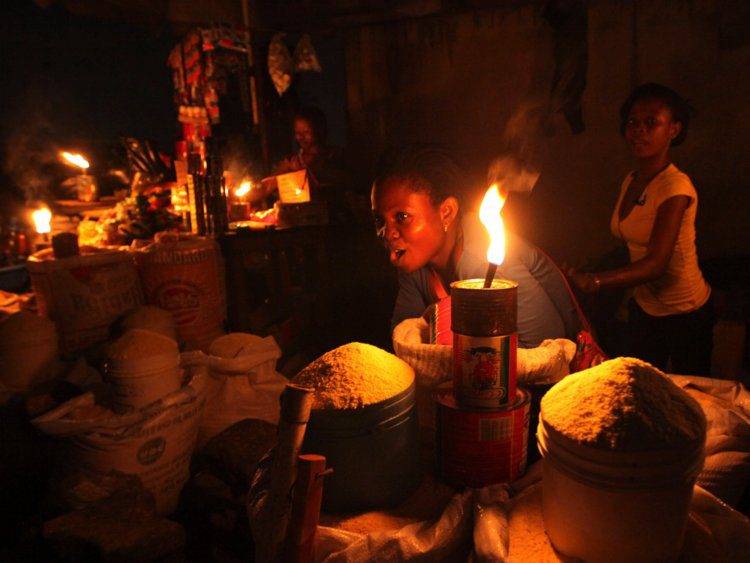World Bank Steps In Again To Brighten Nigeria With USD 2.5 Bn Loan

Nigeria’s electricity crises are more than a talk of the country. The nation’s power sector is presumably hamstrung by a huge gap between supply and demand. The World Bank is doing something about it.
According to an African Progress Report, more than 90 million citizens of the West African nation have no access to sustainable electricity. The World Bank, in addition, puts the number at 80 million.
The World Bank has, in the past, made efforts to boost Nigeria’s power sector. Apparently, there is more work to be done. The latest input by the bank to solve the nation’s electricity woes is a USD 2.5 Bn loan that is expected to count.
Per a fresh statement by the World Bank’s Vice President for Africa, Hafez Ghanem, a new set of programs will be introduced to even the odds.
Becoming A More Competitive Economy
Nigeria is believed to be the economic powerhouse of Africa. The title, however, comes with a few evident sacrifices. Unemployment in the country is one of the highest in the world and its commercial capital, Lagos, is one of the worst livable cities in the world.
86.9 million Nigerian now live in extreme poverty due to the lack of basic amenities, one of which is power. This number represents almost 50 percent of the country’s estimated 190 million population.
The World Bank is, however, committed to enabling the Nigerian economy to become more competitive. The USD 2.5 Bn loan is to develop the nation’s industries and create employment for the youth.
According to Ghanem, the bank’s limelight on Nigeria is helping the country fight poverty and better the living standard for its people. The World Bank is also championing a women intervention program to enable them to become more financial included. The initiative is also providing children with education and helping the disabled.
World Bank Digital Lighting Up Nigeria

Acceptably, digital transformation is one of the most effective ways to turn around failing economies.
In Nigeria’s case, the World Bank wants to support the adoption of technology to, in turn, unlock the potential of other areas of the country’s economy – agriculture, industry, and services among others.
“Nigeria has a comparative advantage in that area because of the youth, a majority of the population is young,” Ghanem said. “So if we want to create jobs, we need to invest much more in the digital economy.”
In the Past
In 2018, the bank approved a USD 486 Mn pack of funds to improve Nigeria’s electricity transmission network of infrastructure. The money was also channeled towards the rehabilitation of substations and power lines in the country.
In August, the Muhammadu Buhari-led administration inked a deal with Siemens. The agreement is expected to lead to the production of 25,000 MW of electricity by 2025.
On the off-grid side of the developments, the country continues to make solarizing strides. Notably, it has commissioned two renewable energy projects in two Nigerian universities. The initiative is to solarize 37 Nigerian universities and 7 affiliated teaching hospitals in the country.
The first, a 2.9 MW cleantech, was installed in the Ebonyi State University. Earlier this month, Africa’s largest off-grid solar hybrid was switched in Bayero University, Kano State.
Featured Image: Business Insider